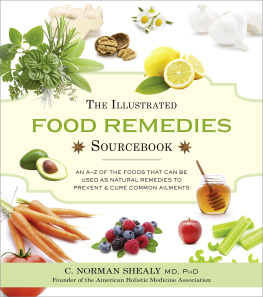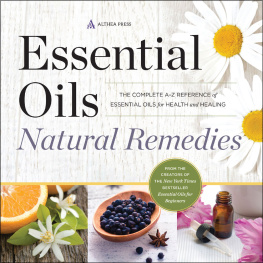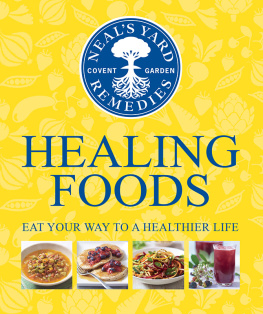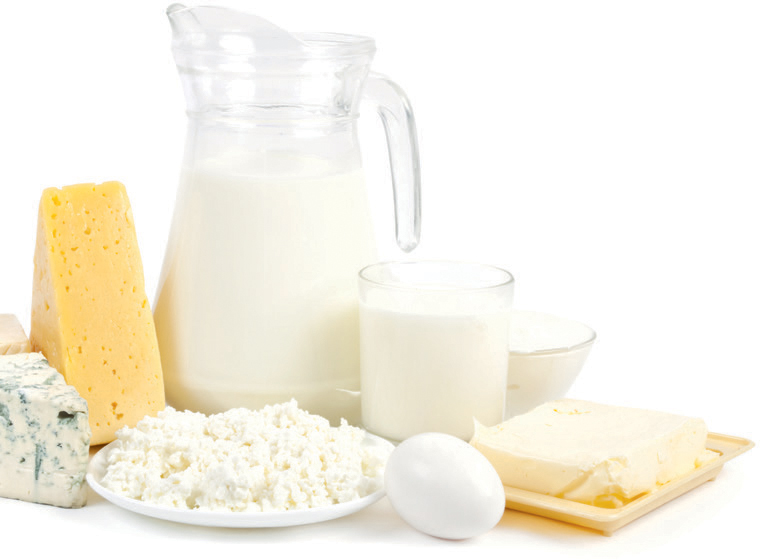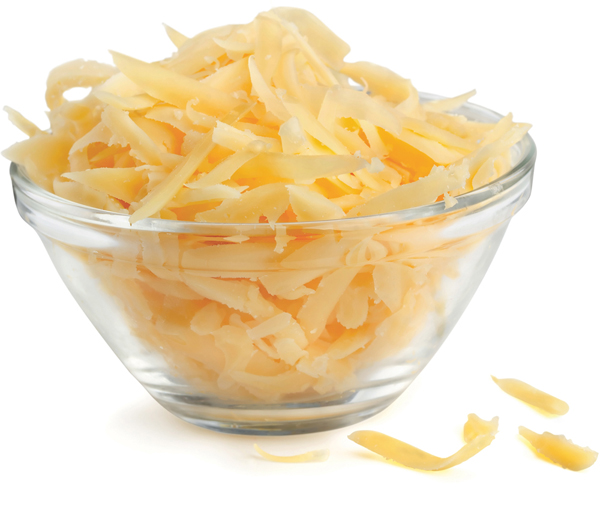Australia HarperCollins Publishers (Australia) Pty. Ltd. Level 13, 201 Elizabeth Street Sydney, NSW 2000, Australia http://www.harpercollins.com.au
Canada HarperCollins Canada 2 Bloor Street East 20th Floor Toronto, ON, M4W, 1A8, Canada http://www.harpercollins.ca
New Zealand HarperCollins Publishers (New Zealand) Limited P.O. Box 1 Auckland, New Zealand http://www.harpercollins.co.nz
United Kingdom HarperCollins Publishers Ltd. 77-85 Fulham Palace Road London, W6 8JB, UK http://www.harpercollins.co.uk
United States HarperCollins Publishers Inc. (2012) Wheat Belly . (2012) Wheat Belly .
New York, NY: Harper Collins Duffy, W. (1976) Sugar Blues . New York, NY: Warner Books. Eat This Much diet website: http://www.eatthismuch.com/ Fazekas, I. (2005) The Alkalizing Diet . Press. Press.
Filippo, D. (2012) Practical Paleo . Riverside, NJ: Victory Belt Publishing. Heal with Food website: http://www.healwithfood.org Livestrong Nutrition website: http://www.livestrong.com/food/ McKeith, G. (2006) You Are What You Eat: The Plan That Will Change Your Life . New York, NY:Penguin Adult.
Nutrition Data: http://nutritiondata.self.com/facts/finfish-and-shellfish-products/4244/2 Nutrition and You website: http://www.nutrition-and-you.com Perlmutter, D. (2013) Grain Brain . New York, NY: Little Brown & Company Price, W.A. (2004) Nutrition and Physical Degeneration , 6th Edition. Loveland, CO:Price-Pottenger Nutrition Foundation. (2001) Fast Food Nation . (2001) Fast Food Nation .
Boston, MA: Houghton Mifflin Co. U.S. Department of Agriculture Food and Nutrition website: http://www.usda.gov/wps/portal/usda/usdahome?navid=food-nutrition White, E.G. (1976) A Study Guide: Counsels on Diet and Foods . Hagerstown, MD: Review and Harold Publishing Association. The Worlds Healthiest Foods website: http://www.whfoods.com Every care has been taken to trace copyright holders.
However, if there have been unintentional omissions or failure to trace copyright holders, we apologize and will, if informed, endeavour to make corrections in any future edition.
In general, all dairy products are primarily good for quality protein. Eaten in moderation, they provide essential amino acids, many of which are available only from animal protein. They are also a good source of calcium. The fat content is considered a potential problem; however, balanced with foods high in antioxidants, they are an excellent component of good nutrition. Cheese
Cheeses are an important source of energy, immune-boosting protein, bone-building and tooth-strengthening calcium, and fat, vitamins, and minerals.
Eating cheese after a meal has been shown to help prevent tooth decay by forming a protective film on the tooth surface and stimulating the production
of saliva, helping to guard against acid-damage from other foods. The presence of conjugated linoleic acid (CLA), a muscle-building essential amino acid, has been linked with improved immune function and the prevention of cancer. Vitamin B promotes strong bones, helping to prevent osteoporosis, while vitamin K2 has been connected with maintaining a healthy heart, brain, and bonesgood news for cheese lovers! Cheese contains less lactose than milk and is therefore better tolerated by people suffering from lactose intoleranceas a rule of thumb, the older the cheese, the lower the lactose content. Many people digest goats milk more easily than cows milk, so chevre (goats milk cheese) may provide an option thats lighter on the digestion system. However, in general, cheese is high in saturated fatif you are trying to control your weight, consider low-fat options, such as low-fat cottage cheese or feta, which have a lower fat content than most cheeses. Most cheese is mildly inflammatory, and high levels of cholesterol and sodium mean it may not be suitable for people with hypertension (high blood pressure).
As with all dairy products, cheese provides an excellent component of good nutrition as part of a balanced diet that includes foods high in antioxidants. Nutrients in 100 g of Full-Fat Cheddar Cheese: Calories, 403 Calcium, 721 mg Carbohydrate, 1 g Cholesterol, 105 mg Fat, 33 g Iron, 0.7 mg Magnesium, 28 mg Phosphorus, 512 mg Protein, 25 g Riboflavin, 0.4 mg Selenium, 13.9 mg Sodium, 621 mg Vitamin A, 1002 IU Vitamin B12, 0.8 mcg Vitamin D, 12 IU Vitamin K, 2.8 mg Zinc, 3.1 mg Glycemic load: 1 Nutrients in 100 g of low-fat Cheddar cheese: Calories, 173 Calcium, 415 mg Carbohydrate, 2 g Cholesterol, 21 mg Fat, 7 g Iron, 0.4 mg Magnesium, 16 mg Phosphorus, 484 mg Protein, 24 g Riboflavin, 0.2 mg Selenium, 14.5 mcg Sodium, 612 mg Vitamin A, 207 IU Vitamin B12, 0.5 mcg Vitamin K, 0.6 mcg Zinc, 1.8 mg Glycemic load: 2 Health and healing benefits: Teeth and bones: Rich in calcium and vitamin B2, cheese is one of the best foods for keeping teeth healthy and maintaining strong bones. Immunity: Essential amino acids in cheese have been linked with improved immune function, therefore lowering the risk of cancer and other diseases. Lactose intolerance: Most of the lactose is removed in the cheesemaking process, meaning many cheeses can be enjoyed by those who are lactose intolerant. Recommended For Help With: Healthy teeth and bones Immune health Cancer prevention Kefir An ancient drink originating in the Caucasus mountains, kefir is a fermented milk drink similar to liquid yogurt, made by adding kefir grains to a live culture of cow, goat, sheep, or soy milk. It contains probiotic micro-organisms, healthy bacteria that may be beneficial to the gut.
Gut-friendly bacteria and yeast consume lactose during the fermentation process, so kefir can provide a suitable option for those who are lactose intolerant. Kefir is packed with immune-boosting proteins, essential minerals, and B vitamins. Kefir products are available in larger grocery stores and health food stores. The nutrients in homemade kefir will vary depending on the type of culture used in fermentation, while nutrients in commercially available products vary by brand. Nutrients in 1 cup (240 ml) of Kefir
(commercially available pre-bottled product): Calories, 150 Calcium, 30% RDV Carbohydrate, 12 g Fat, 8 g Protein, 8 g Sugars, 12 g Vitamin A, 10% RDV Vitamin D, 25% RDV Health and healing benefits: Digestion: Probiotic micro-organisms may improve gastrointestinal conditions, helping to reduce the symptoms of irritable bowel syndrome. Healthy bones and teeth: The high calcium content helps prevent tooth decay and increases bone strength, therefore helping to protect against the onset of osteoporosis.
Immunity: Certain probiotics have been shown to help regulate immune function. Glycemic load: < 10 Inflammatory index: Mildly inflammatory Recommended For Help With: Irritable bowel syndrome Healthy bones Immunity Milk Milk provides a good source of protein, carbohydrate, and fat, except skim milk, which contains virtually no fat. Milk contains essential amino acids and calcium as well as lactose. Lactose needs to be broken down by the enzyme lactase in the small intestine. Some people do not have sufficient lactase in their system and therefore find milk difficult to digest. This is known as lactose intolerance.
For those who suffer from lactose intolerance, alternative lactose-free options are available, including almond milk, coconut milk, and soy milk. Milk, Whole Contains essential amino acids, the fundamental building blocks of our tissues, important in the development of the brain and nervous system, and the singular component of protein. Its also a good source of bone- and teeth-strengthening calcium. However, it is high in saturated fat, and sugars contribute a large portion of the calories. Nutrients in 1 cup (244 g) of whole milk: Calories, 146 Calcium, 276 mg Carbohydrate, 13 g Cholesterol, 24 mg Fat, 8 g Protein, 34 g Riboflavin, 0.4 mg Sodium, 98 mg Vitamin A, 249 IU Vitamin B12, 1.1 mcg Vitamin D, 97.6 IU Glycemic load: 9 Inflammatory index: Mildly inflammatory Milk, 2% (semi-skimmed)

